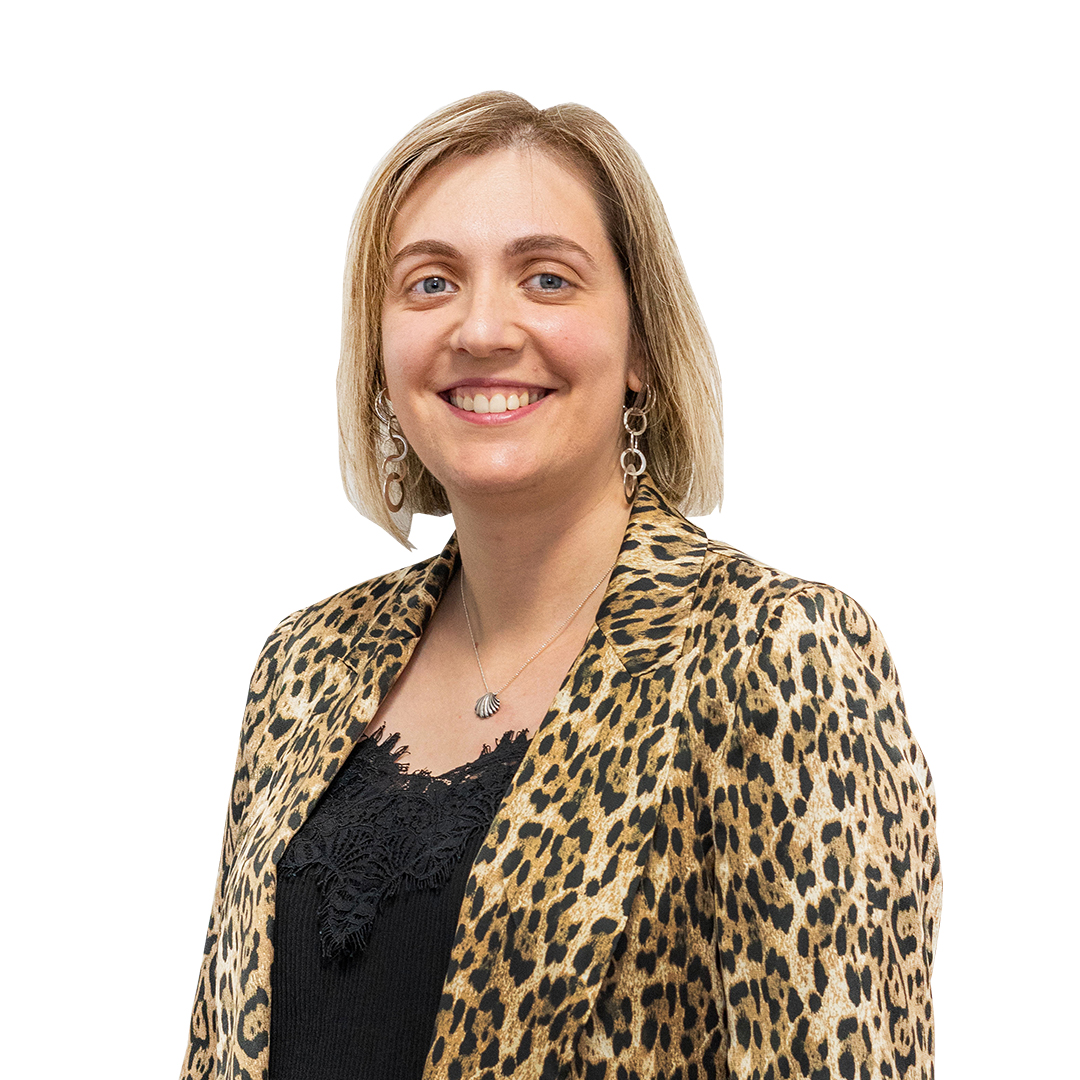
| Acronym: | ECOFIBRAS |
| Cost Center: | 661 |
| Operation Code: | MAC/4.6d/040 |
| Title: | Eco-sustainable valorization of invasive plant species from Macaronesia to obtain industrial fibers |
| Start-End: | 01-01-2017 - 31-12-2019 |
| Entidade Beneficiária Principal: | Fundação Gaspar Frutuoso |
| Gestores da FGF: | Vera Cordeiro |
| Responsible Researcher: | Alfredo Emílio Silveira de Borba |
| R&D Units: | IITAA - Instituto de Investigação em Tecnologias Agrárias e do Ambiente |
| Entidade | Montante |
|---|---|
| Total Financing | 53.846,39 € |
| Direção Regional da Ciência e da Tecnologia (15.0 %) | 8.076,96 € |
| Interreg MAC (85.0 %) | 45.769,43 € |
Main Objectives:
The ECOFIBRAS project aims to study the industrial use of natural fibers from invasive species from the Macaronesia archipelagos (Canary Islands, Azores and Madeira), L. A. donax, Pennisetum setaceum, Agave Americana and Ricinus communis, as well as the use in animal feed, or in the production of compounds, of the products resulting from the extraction of fibers.
Project Description:
The project is based on the exploitation of natural fibers from invasive plant species from Macaronesia, such as L. A. donax (cane, sugarcane or scallop cane), Pennisetum setaceum (known as cat's tail), Agave Americana (pita) and Ricinus communis< /em> (castor or castor bean), all propagated without control in the three archipelagos involved in the project (Canary Islands, Azores and Madeira), and which appear in the TOP100 of the most dangerous invasive species of the International Union for Conservation of Nature. The proposal also addresses the characterization of biomass waste streams, generated as a result of the fiber extraction process.
This project involves the University of Las Palmas, which acts as head of the line, the University of Madeira (Madeira Chemistry Center), the Cabildo de Gran Canaria (through the Botanical Canary Viera and Clavijo), the University of the Azores and the Gaspar Frutuoso Foundation.
Results:
At the end of the project, a series of prototypes will be produced in composite material (polymer + natural fiber), so that you have real evidence that demonstrate the properties of these materials, and that serve as a tool to publicize the project. In the field of agriculture, fibrous feed will be produced for cattle and compounds for use in agriculture.


